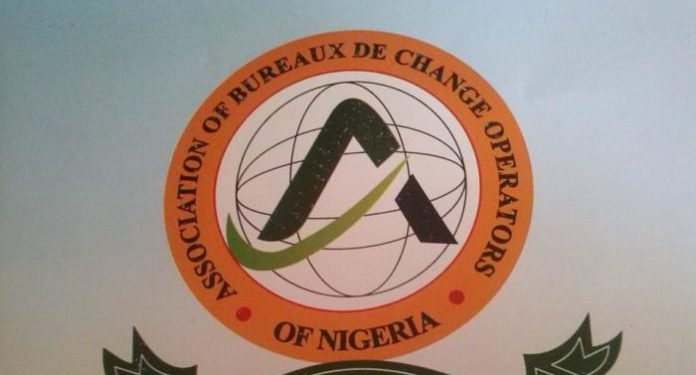The Association of Bureaux De Change Operators of Nigeria (ABCON) has given its support to the Central Bank of Nigeria (CBN) Clean Note Policy and Banknote Fitness Guidelines meant to remove dirty, mutilated and unfit Naira notes in circulation from the financial system.
ABCON President, Alhaji Aminu Gwadabe, was quoted in a statement to have said the launch of the clean and banknote fitness policy was not only apt, but timely giving the high volume of unfit and dirty notes in circulation across the country.
He said the policy would also increase the level of money supply in the economy, and subsequently deepen the volume and value of credit available to real sector operators and other major segments of the economy. According to Gwadabe, the move by the apex bank to sanitise the estimated N7.9 trillion notes in circulation would enhance transparent currency management system, promote financial inclusion and enhance confidence of the informal sector in the financial system.
The ABCON boss said that the CBN has through the new policy plans, “demonstrated its commitment to seamless payment system” adding that, “the regulator has the obligation of providing adequate supply of clean banknotes to facilitate efficient payment and settlement of transactions by the public, government and banks.”
He said the policy remains the first step in its bid to address the sorry state of the notes in circulation and create a new culture for better handling of the local currency.
He explained that, “the clean note policy provides a uniform standard for the circulation of only clean and fit banknotes in the economy adding that the banknote fitness guidelines provide the industry with clear and acceptable criteria for determining the quality of notes in circulation.”
He said the policy guidelines is backed by the Sections 18, 20 & 21 of the CBN Act 2007 which prohibits the counterfeiting, sale and abuse of the naira.
Gwadabe said that ABCON, and its over 4,500 members, “will collaborate with the CBN to make the new policy a success.”
He said the collaboration of deposit money banks (DMBs), merchant banks, Microfinance banks, government agencies, Cash-in- Transit ( CIT), Cash Processing Companies (CPCs), Market Associations, merchants/retailers, chambers of commerce and industry, security agencies, currency Management equipment manufacturers , bank customers and the general public is also needed for










